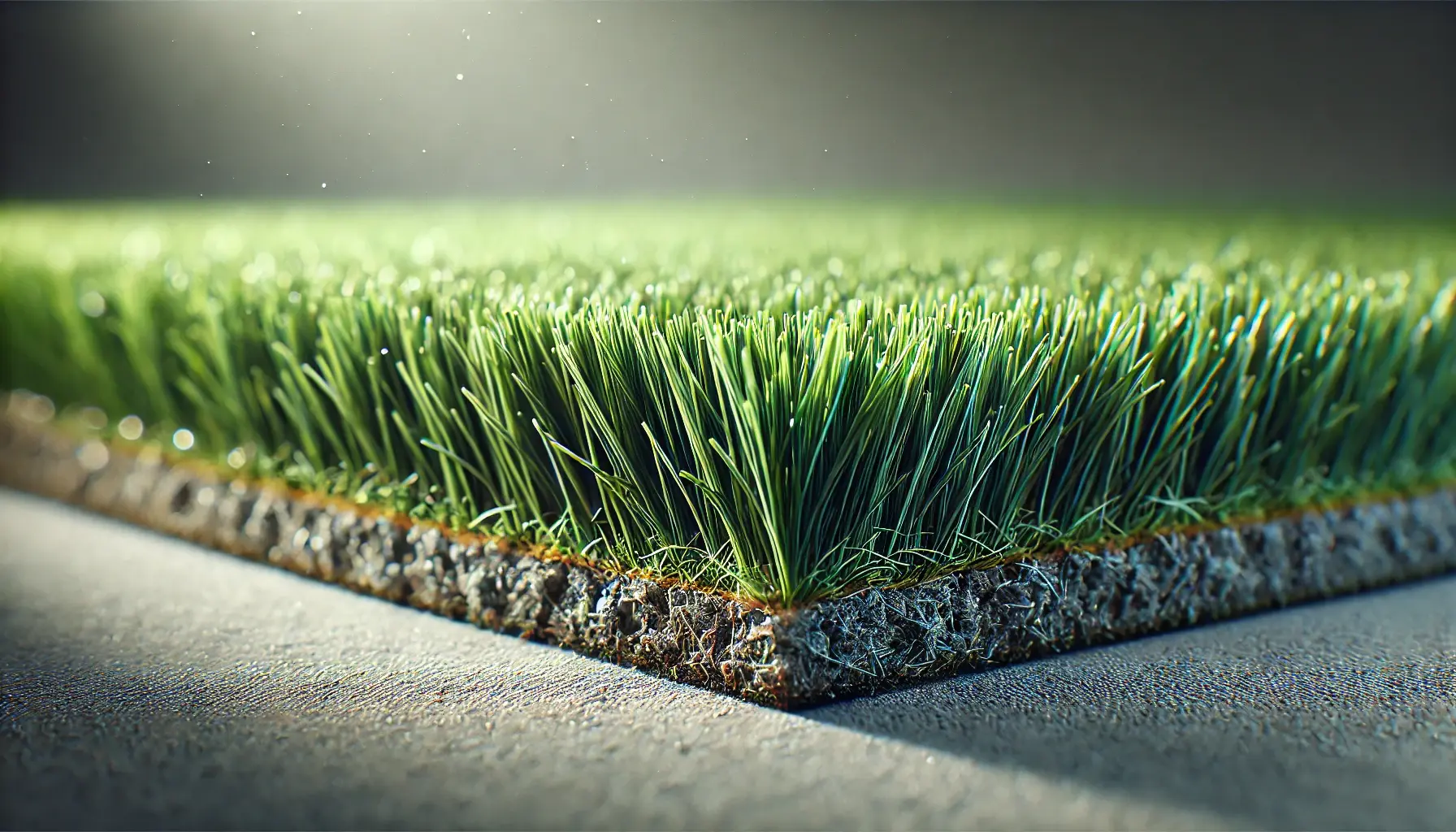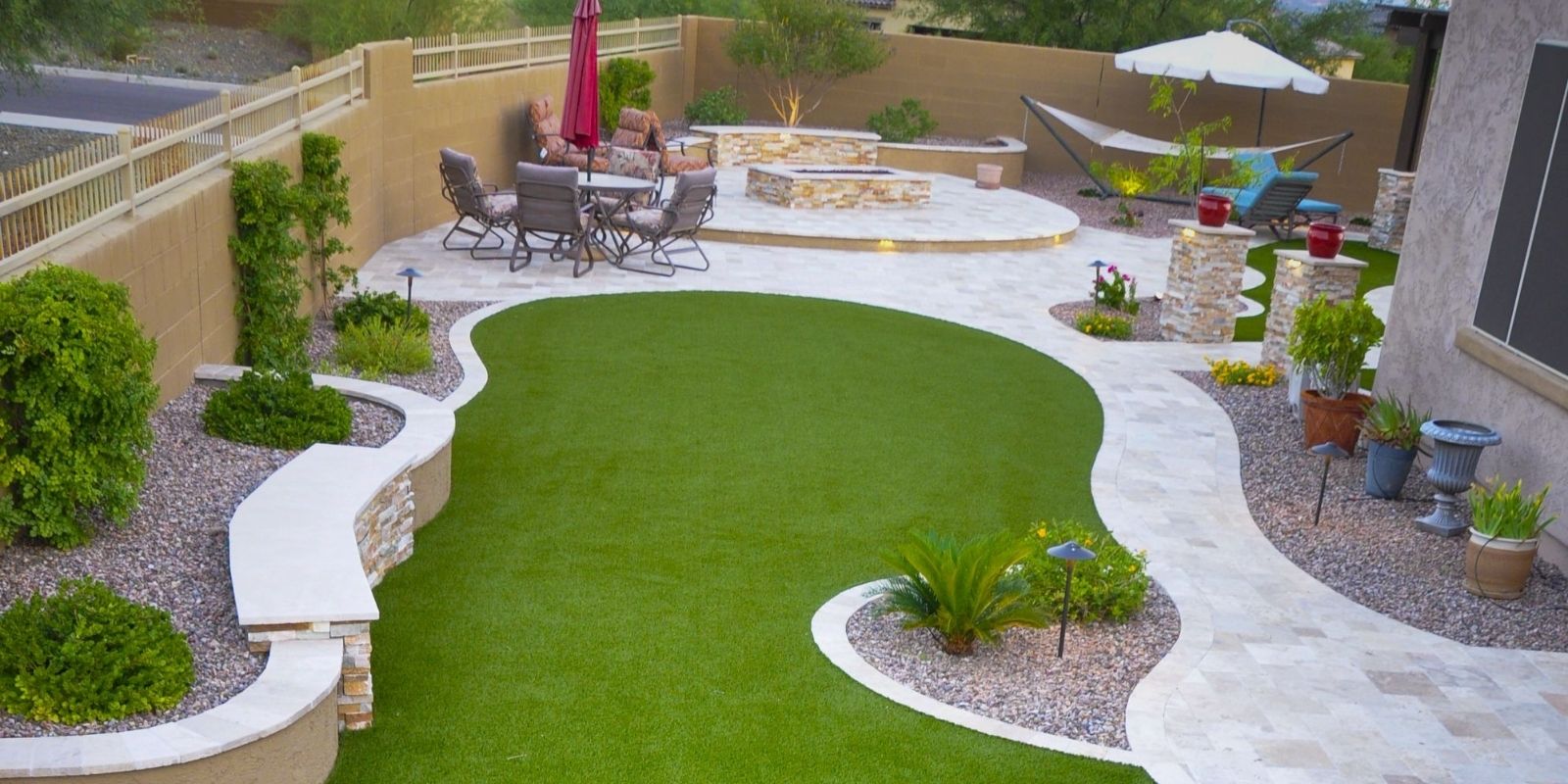Reputable Phoenix Turf Companies Providing Superior Synthetic Grass Installation
Reputable Phoenix Turf Companies Providing Superior Synthetic Grass Installation
Blog Article
Delve Into the Environmental Benefits of Opting for Synthetic Grass Solutions
The adoption of fabricated grass options provides an engaging possibility to address pushing ecological obstacles. By substantially reducing water usage and lessening the application of unsafe chemicals, these options not only promote sustainable landscape design however additionally safeguard local ecosystems.
Water Conservation Perks
One of the most substantial benefits of synthetic grass is its ability to preserve water. Standard yard lawns call for substantial irrigation, specifically in locations prone to dry spell or water limitations. In comparison, synthetic grass does not require watering, dramatically reducing the general need for water sources. This feature is specifically helpful in deserts where water deficiency is a pushing concern.
By getting rid of the requirement for routine watering, man-made grass adds to lasting landscape techniques and assists mitigate the environmental influence of too much water consumption. Furthermore, the preservation of water reaches the decrease of drainage, which can bring about dirt disintegration and river pollution.
In addition, the setup of artificial turf enables municipalities and property owners to designate water resources much more effectively, concentrating on crucial uses such as alcohol consumption water and farming. The change towards synthetic lawn not just promotes responsible water usage but also lines up with broader environmental objectives targeted at protecting natural deposits.
As areas increasingly focus on sustainability, the water conservation advantages of artificial turf present a compelling case for its adoption in commercial and domestic landscape design projects.
Minimized Chemical Use
The transition to synthetic grass dramatically decreases the dependence on chemical treatments generally utilized in natural grass maintenance. Traditional grass administration usually entails the application of plant foods, chemicals, and herbicides to advertise growth and control pests. These chemicals can pose dangers to human health, local wild animals, and the setting, adding to dirt and water contamination.
In contrast, synthetic grass gets rid of the requirement for these damaging materials. By minimizing the launch of artificial compounds into the environment, artificial turf advertises healthier dirt and water systems.
Furthermore, the lack of chemical drainage connected with man-made grass setups assists safeguard regional rivers from pollution, supporting water life and keeping biodiversity. Artificial turf companies phoenix. As communities progressively focus on lasting techniques, going with synthetic grass presents a practical remedy that lines up with ecological conservation goals. Through this change, homeowner can enjoy rich green rooms without jeopardizing ecological wellness, leading the way for an extra sustainable future
Lower Carbon Footprint

In addition, the setup of man-made turf can lead to considerable water conservation. Natural yards need significant quantities of water for watering, which not only includes in the carbon impact connected with water extraction and therapy yet additionally stress neighborhood water sources. In contrast, man-made lawn needs marginal maintenance, needing no watering, therefore dramatically minimizing water usage and its associated power costs.
Additionally, the longevity of synthetic grass adds to its decreased carbon influence. With a life-span of up to 15 years or even more, the need for regular substitutes is decreased, leading to much less waste find and lower energy consumption in manufacturing and throwing away standard yard choices. Overall, synthetic grass provides a sustainable option for ecologically aware landscape design.
Habitat Preservation
Habitat preservation is a critical factor to consider in the debate over landscape design choices, specifically when comparing man-made turf to all-natural lawn. All-natural yard yards frequently require comprehensive maintenance, consisting of using plant foods, chemicals, and herbicides, which can adversely impact neighborhood ecological communities. These chemicals can leach right into the dirt and waterways, harming indigenous vegetation and fauna and interrupting local habitats.
Man-made grass gets rid of the requirement for damaging chemicals, consequently protecting nearby wild animals and maintaining the honesty of bordering ecosystems. The installment of synthetic turf can lead to the conversion of former grass locations into even more biodiverse landscapes, such as pollinator yards or native plant locations, which can sustain neighborhood wild animals.
Inevitably, the transition to synthetic grass not only preserves water and minimizes upkeep initiatives however additionally cultivates a more harmonious partnership between human tasks and the natural surroundings, advertising habitat conservation in the procedure.
Long-Term Sustainability
Lasting sustainability is an essential consider assessing the benefits of synthetic grass over conventional lawn yards. Among the most considerable advantages of artificial lawn is its longevity; it can last approximately 15-20 years with very little maintenance, whereas natural turf calls for regular reseeding and replacement. This long life reduces the need for consistent sources, such as water, plant foods, and pesticides, which are important for maintaining a healthy and balanced yard yard.
Furthermore, synthetic grass adds to a reduction in carbon you could try these out emissions connected with grass care devices. Typical grass often need gas-powered mowers, leaners, and blowers, all of which add to air pollution. Turf installation phoenix az. In comparison, synthetic grass gets rid of the need for such devices, promoting a cleaner environment
Additionally, the production of man-made turf increasingly utilizes recycled materials, boosting its sustainability account. As manufacturers take on environment-friendly methods, the environmental impact of synthetic grass remains to reduce.

Verdict
The fostering of synthetic grass solutions presents considerable ecological benefits, consisting of substantial water conservation, decreased reliance on damaging chemicals, and a lower carbon footprint. Additionally, synthetic grass aids in preserving natural environments by minimizing land disruption and advertising long-term sustainability via using sturdy materials. Collectively, these factors highlight the potential of synthetic lawn to add positively to ecological wellness and use a viable option to standard landscaping practices in an increasingly resource-conscious world.
In contrast, man-made lawn does not require watering, considerably lowering the overall need for water resources. By decreasing the launch of artificial compounds into the ecological community, fabricated turf promotes healthier dirt and water systems.
In addition, the installation of man-made grass can result in significant water conservation. In contrast, synthetic grass needs marginal maintenance, calling for no watering, therefore significantly lowering water usage and its connected power prices.

Report this page